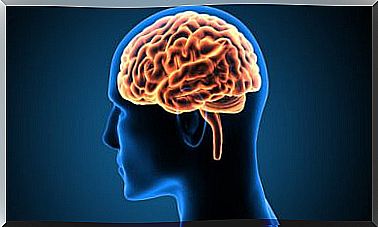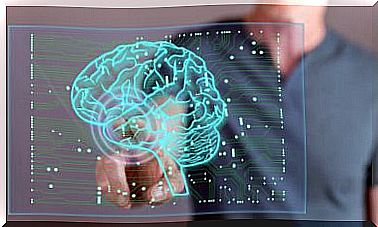Psychological Benefits Of Video Games

It is common to find information about the harmful effects of video games in the media and outreach. However, on many occasions this information is based on sensational and unverified claims. It is because of this, and because of the success of video games themselves, that interest in investigating the psychological benefits of video games is growing.
Video games are one of the main entertainment options for a large part of the world’s population. Also, due to the advancement of technologies and connectivity it can be considered a large portion of casual gamers. Around 30% have been exposed to games on tablets and 70% on mobile phones.
On the other hand, although video games are more successful among young adults in their 30s, exposure is increasing during childhood. Thus, a multitude of applications have been developed, not only recreational, but also educational with a gamification component.

Video game effects
Generally, research focused on video games aims to solve several questions:
- Long-term effects of exposure to video games.
- If there are positive effects on cognition, emotions, motivation or social level.
- If they have negative effects due to the visualization of graphic violence, if it generates addiction, if it decreases academic performance, etc.
Since harmful effects are often emphasized, this article will describe the main psychological benefits of video games.
Cognitive benefits
-
Attention
This cognitive process is one of the most studied. The involvement of the attentional networks during the game is necessary to be able to start the rest of the processes. Thus, video games have been found to improve attention span, in general. More specifically, continued play is related to improved selective, divided, and sustained attention.
For example, it has been observed that non-gamblers have, compared to gamblers, greater activation of the selective attention system. This means that players require fewer resources to perform the same task, or that their resources are more efficient.
Likewise, the use of video games has been related to a greater activation of the midline theta rhythm. This electromagnetic frequency of the brain is directly related to focused attention. Therefore, video games lead to greater concentration, which also seems to increase with practice.
The differences found according to the type of video game are also interesting. For example, action video games seem to improve selective attention more than puzzle or strategy games because they require a faster and more precise pace.
-
Visuospatial skills
These skills allow us to perceive, recognize and manipulate visual stimuli, as well as coordinate and navigate in a space. Since video games are interactive and visual tasks, it is to be expected that it will have an effect on these skills.
On the one hand, it has been found that in both veteran players and players trained during a specific period, there was an increase in the right hippocampus. This area of the brain is widely related to visuospatial skills. Likewise, users of logic or puzzle games have shown increases in the activation of areas related to spatial memory.
-
Cognitive control
During the game, it is common to find yourself in situations where you have to choose one action among several. For example, at a given moment one strategy must be interrupted and another one quickly chosen, or a lot of information must be handled to advance in an adventure. These situations are monitored by cognitive control, which includes working memory, inhibition, and task switching or switching.
Thus, due to video game training, changes have been observed in the activation of areas related to cognitive control : prefrontal cortex, parietal areas and basal ganglia.
However, the activation depends on the difficulty of the game, age, skill and level of interest. These changes appear to be long-lasting, since it has been seen that they continue to be maintained even in a state of rest. That is, while a video game is not being used.
It is interesting that, in addition, depending on the genre of the game, the areas (and cognitive processes) that are activated are different. For example, with strategy video games there seems to be an increase in the amount of information that can be memorized.
2D action games are related to improved problem solving and reasoning. And puzzle games or brain training improve working memory.

Other benefits
In addition to improvements in specific cognitive processes, video games appear to play a significant role in procedural learning. Specifically, in visuospatial processing, visomotor integration, and motor planning and execution.
On the other hand, among the psychological benefits of video games is an increase in motivation, self-regulation, self-confidence and social skills. Even, depending on the type of video game, it can increase values such as teamwork, cooperation, self-improvement and respect.









